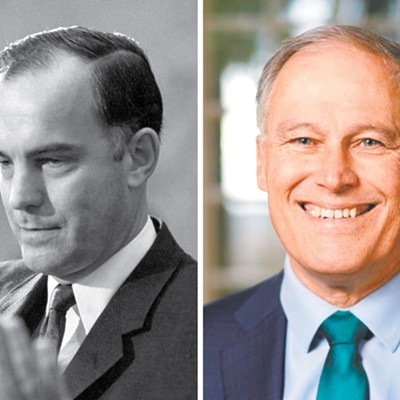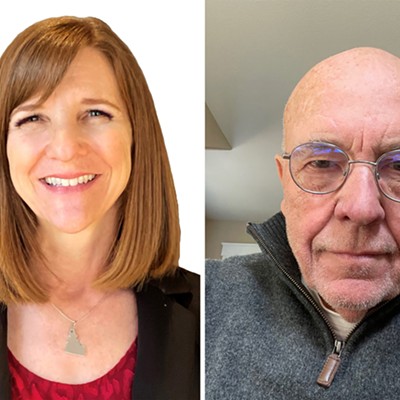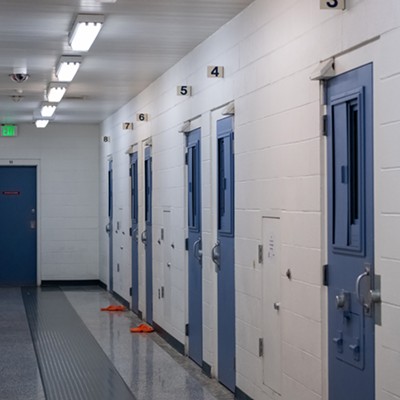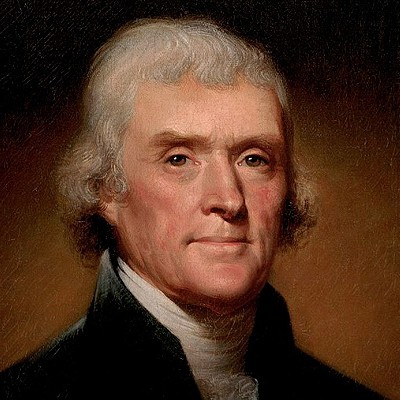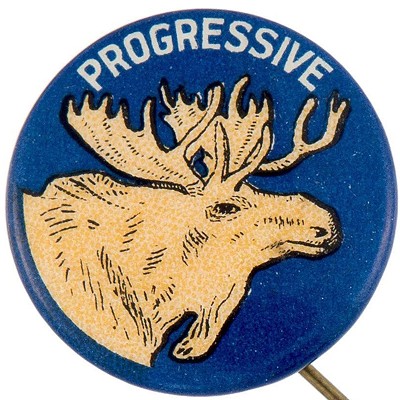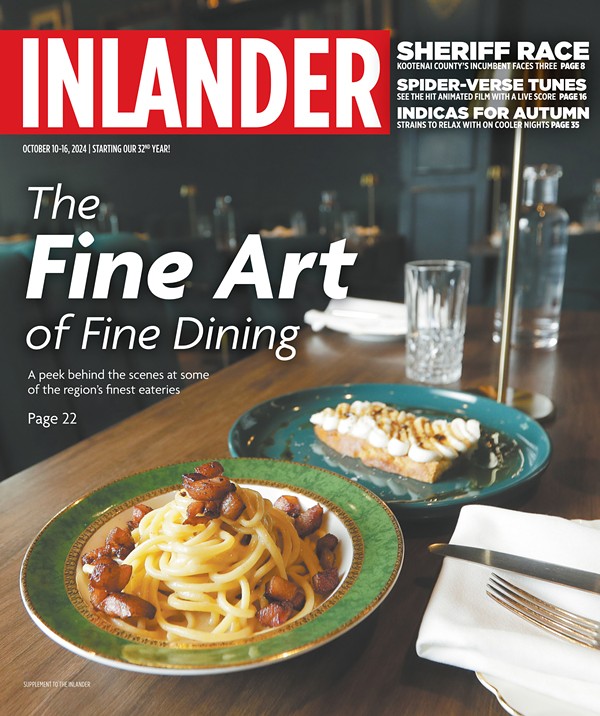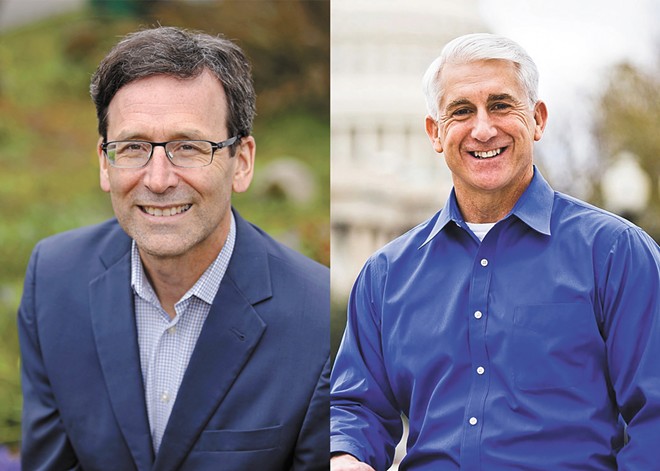
If you're someone who thinks, as I do, that both Republicans and Democrats have totally lost touch with what the United States of America means and needs, then you're part of the group that could decide who will be Washington's next governor.
A recent Crosscut/Elway poll confirmed that Washington's race for governor is tight and will be decided by independent and currently undecided voters.
That means to keep the race tight, Bob Ferguson, the leading Democrat, must hold onto leftist, urban, social and environmental justice Democrats without alienating centrist, traditional working-class and suburban Democrats. Just as the leading Republican Dave Reichert must appeal to populist, more rural Trump supporters without disillusioning traditional, suburban Republicans.
The winning candidate will be the one who energizes his party's traditional voters while still being hard-edged and ideologically pure enough to excite those on the left or right.
But even walking those high wires will not be sufficient for either to win. That's because there are two other candidates in the race, each claiming a chunk of support. According to Crosscut/Elway, about 22% of those polled said they could support Democratic state Sen. Mark Mullet for governor, while about 17% said they could support Republican Semi Bird of Richland, who has a background serving in the Army and in education.
Bird's supporters are hunkered in Trump's bunker. If after Washington's August primary Reichert emerges the Republican gubernatorial nominee, Bird's 17% will shift to Reichert or disappear. Bird voters would snowshoe barefoot into frigid wilderness without headlamp, water, food and matches before they'd vote for Ferguson, the state's current attorney general.
State Sen. Mullet's campaign attracts centrist Democrats, some business groups and a few disillusioned Republicans. If Mullet doesn't emerge from the primary, his voters could shift their support to either Ferguson or Reichert, who has served in Congress and as King County sheriff.
So, November's winner must keep his left or right flank engaged, his party's traditional core involved, and must win over voters who in the primary supported one of the losing candidates. But, most likely, that still won't be enough for either to win.
What will push one candidate over the top will be independents who don't vote in August's primary, who aren't that interested in politics, but who do have opinions.
According to Stuart Elway, the pollster who conducted the recent poll for Crosscut, "Although Washington's electorate has become more staunchly partisan over the years, there are not enough Democrats or Republicans to elect their own candidates statewide. Independent voters hold the balance of power."
The challenge confronting candidates trying to woo these voters is that they are not like-minded. Some think the state should spend more on programs (43%), while others believe we should increase reserves and cut taxes (49%). A solid majority wants to increase spending on mental health (75%), while another majority wants to repeal the tax on capital gains income (58%). Dominant majorities exist for easing restrictions on police and increasing parental rights.
It appears, very generally, that Washington independents appear to be a Republican-leaning group that likes spending money.
November's victor will be the one who resonates with these voters.
Ferguson's campaign apparently intends to reach them by positioning Ferguson as a "nonpartisan advocate for public safety, consumer protection, and the rights guaranteed in our state constitution." Ferguson's campaign intends to emphasize his work as attorney general on "issues that cut across political fault lines and have helped Bob win support from independents and even moderate Republicans in his past campaigns." Expect them to position Reichert as the more "deeply partisan" candidate.
But Reichert's campaign embraces a recent Politico article referring to [then Congressman] Reichert "as among the most bipartisan members of the House and [as a politician who] sometimes bucked his party..." His campaign adviser believes Washington voters see Dave Reichert as "a fusion candidate who unites Washingtonians from across the spectrum."
There might be something to that.
While the Crosscut/Elway poll shows Ferguson leading overall, it gives Reichert an edge with independent voters, with 16% saying they could support the Democrat Bob Ferguson, and 22% indicating they would not support him. Meanwhile, 35% of independents said they could support the Republican Dave Reichert with only 9% saying they could not.
But that's today. The election is 10 months from now. In a gubernatorial campaign, 10 months is a decade. Whoever, 10 months from now, has captured the imagination of the undecided independent voters will be our next governor.
If you're one of those undecided, independent voters, come November your vote will matter big time. ♦
Bill Bryant, who served on the Seattle Port Commission from 2008-16, ran against Jay Inslee as the Republican nominee in the 2016 governor's race. He is chairman emeritus of the company BCI, is a founding board member of the Nisqually River Foundation and was appointed by Gov. Chris Gregoire to serve on the Puget Sound Partnership's Eco-Systems Board. He lives in Winthrop, Washington.



